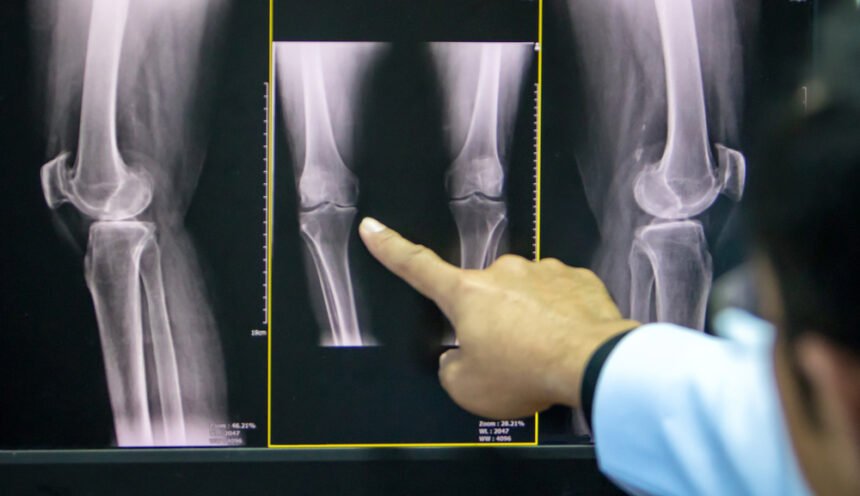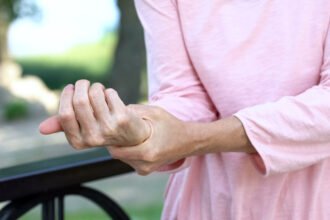Orthopedic surgeons are making a bundle off of baby boomers with knee problems these days. Baby boomers are getting knee surgeries and replacements in larger numbers and at younger ages than people from previous generations. Here are some statistics that help illustrate the trend:
- Knee surgeries are now the most common operation for adults over the age of 45.
- According to one study, seniors were twice as likely to get knee surgeries in 2010 than they were in 2000.
- Seniors have started getting total knee replacement surgery at lower ages. In 2000, the average age of a senior getting a knee operation was 69. By 2010, that age dropped to 66.
There are a few possible explanations for this trend. One possibility is that seniors are more concerned about their health and less averse to getting intensive medical treatment than ever before. Baby boomers might also be more prone to injuries, for a variety of reasons. One explanation is that they might have been involved in more intensive activities that need lead to knee and joint problems at an older age. Regardless of the cause of the growing epidemic of the problems among baby boomers, there are some things they can do to make things better. Here are some tips that they should follow. Try to lose weight Obesity is a serious problem for baby boomers. The number of adults over 65 suffering from obesity rose nearly 40% between 1994 and 2012. Having a high BMI due to excessive body fat is going to take its toll on your knees and joints a lot more than if you had extra pounds due to muscle. There are a couple of reasons for this:
- Muscle weight tends to be more evenly distributed. That often accumulates in certain parts of the body, so it ends up putting more strain on your joints due to being balanced disproportionally.
- Muscles help provide support to your extremities. Fat does not.
If you have excessive body fat, then you should seriously consider trying to lose weight. Even if you have already received a knee replacement, you want to make sure that it will last. The likelihood of avoiding problems will be better if you go on a decent diet and try to stay relatively active. Refrain from high impact activities You need to take it easier when you are older. Your joints and knees will be more vulnerable to injury. This is not just due to years of wear and tear degrading them. Older people are also more likely to suffer from osteoporosis and other health problems that lead to any injuries. Baby boomers need to find an appropriate balance as they get older. Staying relatively active is good to keep them from gaining weight and developing heart disease, diabetes and other health problems. However, they can also run into some serious problems if they overexert themselves. You need to make sure that you listen to your joints and speak with a health professional before engaging in high impact activities that will take their toll on your joints and knees. Get your knee replacement done early to avoid more extensive damage to your body If you are certain that you were going to need to get a knee replacement, then you don?t want to delay it more than you should. You might actually end up causing more damage in the process. One problem that you could run into is more lower back problems. When you have a bad knee, it might affect your balance and put more strain on your back. You might also cause inflammation in your upper legs, which will lead to other problems. If your doctor says that you need a new replacement, then you should not procrastinate. But before undergoing knee replacement, you should prepare by doing some pre knee replacement exercises, this could help strengthen your joints and contribute to a faster recovery. Wear the right footwear The shoes that you wear can have a significant impact on your health. You will be a lot more likely to cause any damage if you wear shoes with the wrong types of soles. It is a good idea to get fitted and find shoes with the right arch support.
Recognize that knee problems are a growing concern for baby boomers
Baby boomers are at a greater threat of developing knee problems than their parents were. They must make sure that they take all necessary precautions to minimize them.









